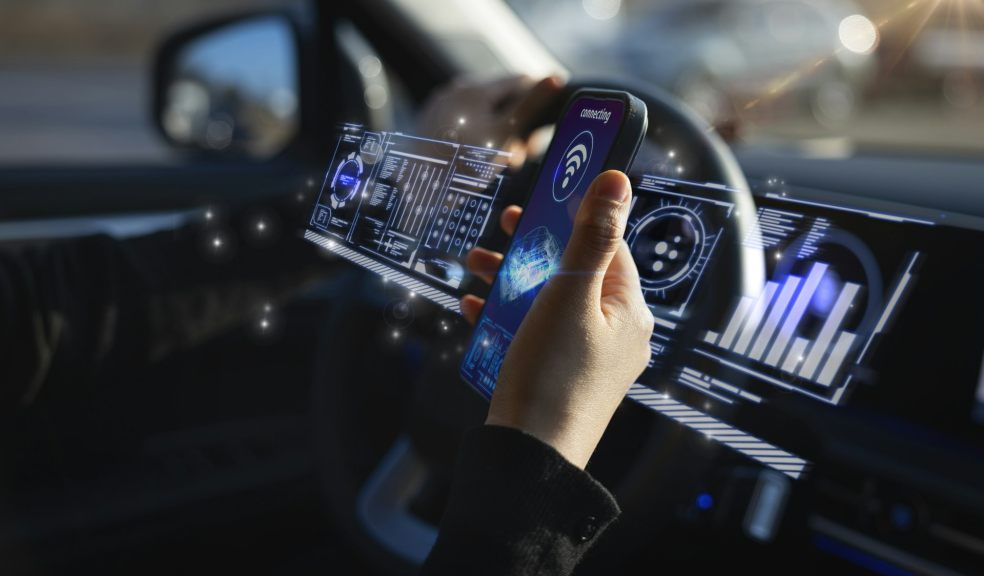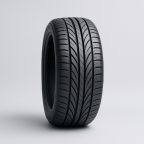
The pros and cons of autonomous driving
You might already picture yourself sitting back whilst a car takes control, steering smoothly through traffic and removing the stress of constant attention. The idea of safe, comfortable travel feels appealing, especially when you think about how many crashes come from human mistakes. At the same time, you know technology is never perfect. Questions remain about how these vehicles respond when situations turn messy or complicated. Autonomous driving promises convenience and progress, but it also raises serious challenges you cannot ignore.
Safety on our roads: a new era?
National Accident Helpline reports that 95 per cent of deaths in driving accidents result from human error. Removing fatigue and distraction could therefore prevent many crashes. Yet autonomous systems also bring new risks. Failures in autopilot have caused collisions with lane dividers, street signs and even pedestrians. The technology can also struggle in heavy rain or on unfamiliar road layouts, where sensors may not read the environment clearly. Beyond these challenges lies the bigger question of how a self-driving car should react in unpredictable situations. Ethical dilemmas, such as the “trolley problem,” highlight the difficulty of programming decisions that involve human life.
More than just a commute: efficiency and accessibility
The impact of autonomous vehicles could go well beyond accident reduction. By reacting instantly to traffic signals and surrounding vehicles, they could smooth traffic flow and reduce congestion. For you, that means fewer stop-start journeys and shorter travel times. They also offer greater independence to people with limited mobility. Instead of relying on friends, family or specialist transport, someone could use an autonomous car to attend appointments, visit loved ones or enjoy a day out. This greater access to mobility has the potential to improve daily life in very practical ways.
The hidden hurdles: technology and security concerns
Sensors and cameras must perform well in all conditions, but heavy rain or thick fog can limit their accuracy. If the car misreads a lane marking or fails to detect an obstacle, the result could be dangerous. Alongside these technical limits, security remains a pressing concern. Cars connected to networks are vulnerable to hacking. A cyber attack could interfere with steering, brakes or navigation. To protect yourself, you should ensure vehicles receive frequent software updates and that manufacturers use strong encryption to defend against intrusions.
A legal and ethical maze: who is responsible?
Responsibility becomes complicated when an autonomous car is involved in a collision. Was the fault with the software, the manufacturer, or the person inside the vehicle? Insurance companies and courts are still working out how to handle such cases. If you find yourself injured in an accident with a self-driving car, you may need to consider making a claim for compensation to protect your rights. The law will continue to adapt, but for now you should stay aware of how these changes could affect you as both a driver and a passenger.













